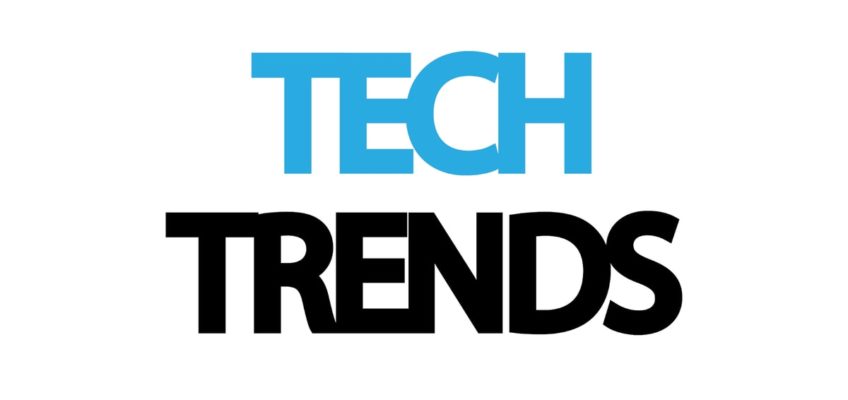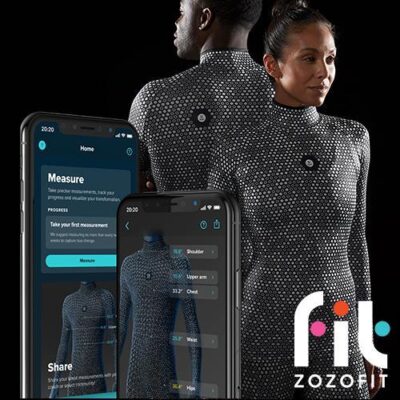In the age of Artificial Intelligence and automation, humans will need a different skillset to get hired.
Nano-degrees, bio-chipsets and automation certifications – these are just three of the line items that will be commonplace on CVs in 2030, according to predictions released today by global recruitment firm PageGroup, who have worked with trends forecasters Foresight Factory, on research examining the emerging trends and technologies that will shape tomorrow’s workplace, and to predict what this means for the skills, experience and achievements required on future CVs
Maintaining a productive and highly skilled workforce will enable businesses to understand the impact of new technologies and adjust their strategy Click To TweetAccording to Oliver Watson from the PageGroup, “Whether it is machine learning, AI, or other digital factors, maintaining a productive and highly skilled workforce will enable businesses to truly understand the impact of new technologies and adjust strategies accordingly.”
Some of the trends the research identified included:
- Working with machines: Employees will have to display strong human-to-machine (H2M) communication skills, including the technical ability to work with all forms of automation. Technical qualifications and certifications in these areas will be ‘the new diploma’.
Employees will have to display strong human-to-machine (H2M) communication skills Click To Tweet“With increased automation, the new jobs landscape will emphasise how people and machines can work most effectively together to complement each other’s skills.”
- Liquid Skills: Future CVs will need to show a much greater array of technical and human skills which could be applied to any role, and single specialism, long-term degrees will be replaced by multiple, shorter-length ‘nano-degrees’. With learning ability a valuable attribute, a scoring system might develop to differentiate candidates.
As technology continues to change the workforces, employees will need to work flexibly and learn quickly Click To Tweet“As technology continues to change the workforces, employees will need to work flexibly and learn quickly – acquiring new skills, dropping old ones and continually updating their skillset to stay relevant.”
- Bio-hacking To compete with the computing power of machines, some workers may choose to augment or upgrade their minds and bodies. A future awaits in which smart implants, DNA-derived treatments, high-performance prosthetics and memory-enhancing components are commonplace, and CVs boast of the latest ways candidates have bio-hacked their skillsets.
To compete with the computing power of machines, some workers may choose to augment or upgrade their minds and bodies Click To Tweet“To compete with the computing power of machines, some workers may choose to augment or upgrade their minds and bodies. A future awaits in which smart implants, DNA-derived treatments, high-performance prosthetics and memory-enhancing components are commonplace, and CVs boast of the latest ways candidates have bio-hacked their skillsets.”
Individuals will need to work proactively to develop the new skills and knowledge Click To TweetYour greatest assets are likely to be the very things that make you human Click To Tweet
“There will be new jobs created so individuals will need to keep their eyes on the horizon to detect potential career options and work proactively to develop the new skills and knowledge required,” says Corinne Mills, careers coach at Personal Career Management “While human enhancement technologies may offer exciting new ways to boost capabilities, becoming more cyborg is not the only way to compete with the machines. Instead, your greatest asset is likely to be the very things that make you human. Using your judgement and lived experience to make sense of nuanced scenarios, being empathetic in sensitive situations, offering creativity to innovate and think laterally, as well as having the social intelligence to understand people and systems and how they might best work together.”
In 2030 it is likely that we will have many layers to our digital profile Click To Tweet“In 2030 it is likely that we will have many layers to our digital profile – from our DNA and digital enhancements portfolio to our life history, and positive/negative social impact ratings. Not to mention the anonymous avatars we inhabit in virtual environments,” adds Nicola Strong, occupational psychologist and MD at Strong Enterprises“That said, human qualities such as inquisitiveness, creativity, curiosity, flexibility, practicality, proactivity, self-awareness and passion for life will remain valuable – and align to what many employers are looking for now and in future.”
Alice Bonasio is a VR Consultant and Tech Trends’ Editor in Chief. She also regularly writes for Fast Company, Ars Technica, Quartz, Wired and others. Connect with her on LinkedIn and follow @alicebonasio on Twitter.









